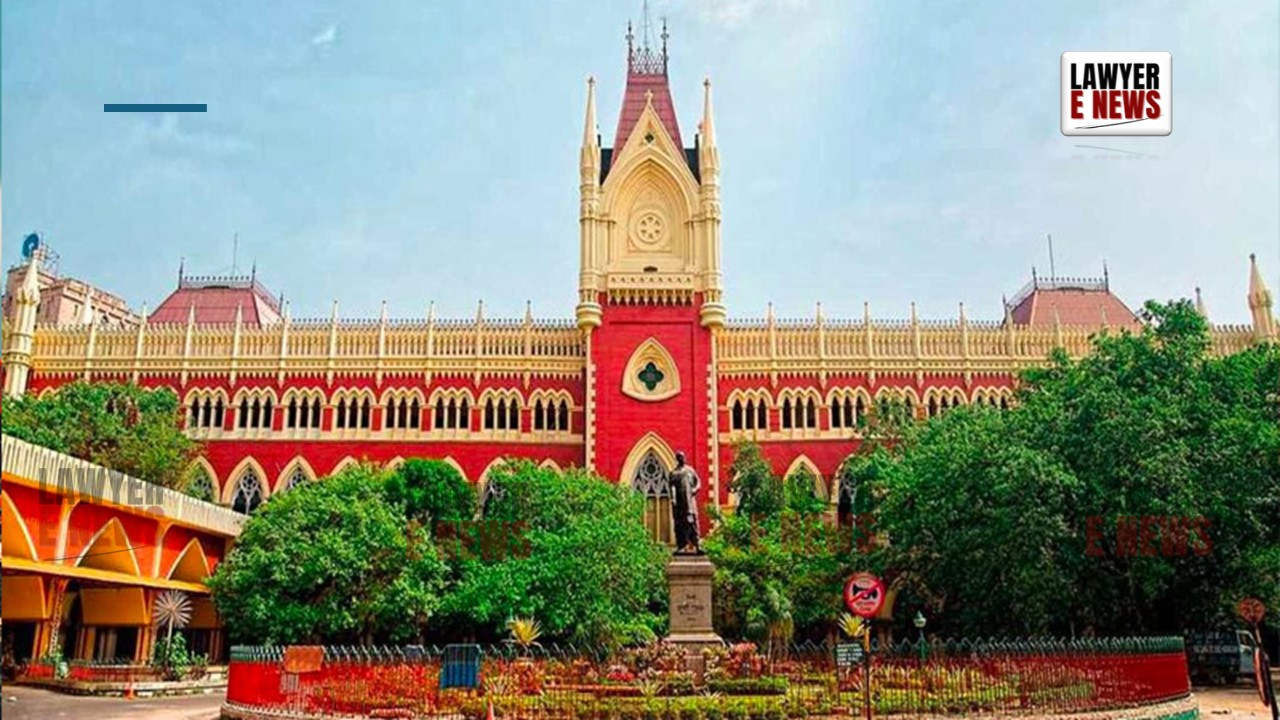-
by Admin
15 February 2026 5:35 AM



Justice Bibhas Ranjan De highlights procedural non-compliance, abuse of criminal process in high-profile Quick Heal shares dispute.
The High Court at Calcutta, under the Criminal Revisional Jurisdiction Appellate Side, has quashed the FIR and charge-sheet filed against the directors of Quick Heal Technologies Ltd. In connection with allegations of forgery and cheating. The judgment, delivered by Justice Bibhas Ranjan De, underscores the mandatory procedural requirements for applications under Section 156(3) of the Code of Criminal Procedure (Cr.P.C.), emphasizing the necessity of a supporting affidavit and prior complaints under Sections 154(1) and 154(3) Cr.P.C.
The case originated from a complaint filed by Manohar Malani under Section 156(3) Cr.P.C. with the Additional Chief Judicial Magistrate (A.C.J.M.), Serampore, alleging forgery, cheating, and other offenses concerning the shares of Quick Heal Technologies Ltd. The complaint led to the registration of FIR No. 284/2016 at Uttarpara Police Station, and a subsequent charge-sheet was filed after an investigation.
The complainant alleged that In 2000, he invested Rs. 2,00,000 in the equity of Quick Heal Technologies Ltd. And was allotted shares. However, in 2016, he discovered that his and his family’s names were missing from the list of existing shareholders in the company’s Red Herring Prospectus. He accused the company’s directors of forgery and conversion of shares.
Justice Bibhas Ranjan De focused on the procedural non-compliance with Section 156(3) Cr.P.C. “The application under Section 156(3) was neither supported by any specific affidavit regarding compliance of Section 154(1) and 154(3) of Cr.P.C. nor supported by the necessary documents to that effect,” he observed.
The court highlighted the misuse of criminal proceedings to settle civil disputes. The defense argued that the FIR was a retaliatory measure against the complainant’s pending criminal proceedings in Pune. Justice De remarked, “The impugned FIR and charge-sheet reflect a gross abuse of the process of law as a dispute which is purely civil in nature has been accorded a cloak of criminality.”
The judgment extensively referenced Supreme Court precedents, notably Priyanka Srivastava v. State of U.P. and Babu Venkatesh v. State of Karnataka, reiterating the mandatory requirements for Section 156(3) applications. “A stage has come in this country where Section 156(3) Cr.P.C. applications are to be supported by an affidavit duly sworn by the applicant who seeks the invocation of the jurisdiction of the Magistrate,” the court noted, citing Priyanka Srivastava.
Justice De emphasized the importance of adhering to procedural requirements, stating, “This affidavit can make the applicant more responsible. We are compelled to say so as such kind of applications are being filed in a routine manner without taking any responsibility whatsoever only to harass certain persons.”
The High Court’s decision to quash the FIR and charge-sheet in this case highlights the judiciary’s commitment to preventing the misuse of criminal proceedings for civil disputes. By enforcing strict adherence to procedural norms, the judgment sends a strong message about the necessity of judicial diligence and the importance of affidavits in applications under Section 156(3) Cr.P.C. This landmark decision is expected to influence future cases, ensuring that criminal processes are not exploited for personal vendettas.
Date of Decision: June 25, 2024
